




















The real locations that inspired A.A.Milne's timeless tales


Life in Elizabeth I's London










OYAL SPECIAL
Hotels fit for kings & queens I conic portraits Regal resorts Buckingham Palace opens its doors




Mysterious legends and secret coves




West Penwith at Cornwall’s southwestern tip is a little land apart, with a landscape of craggy cliffs and windswept moors that swirl with myths and legends
WORDS ELIZABETH DALE
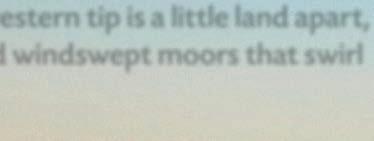

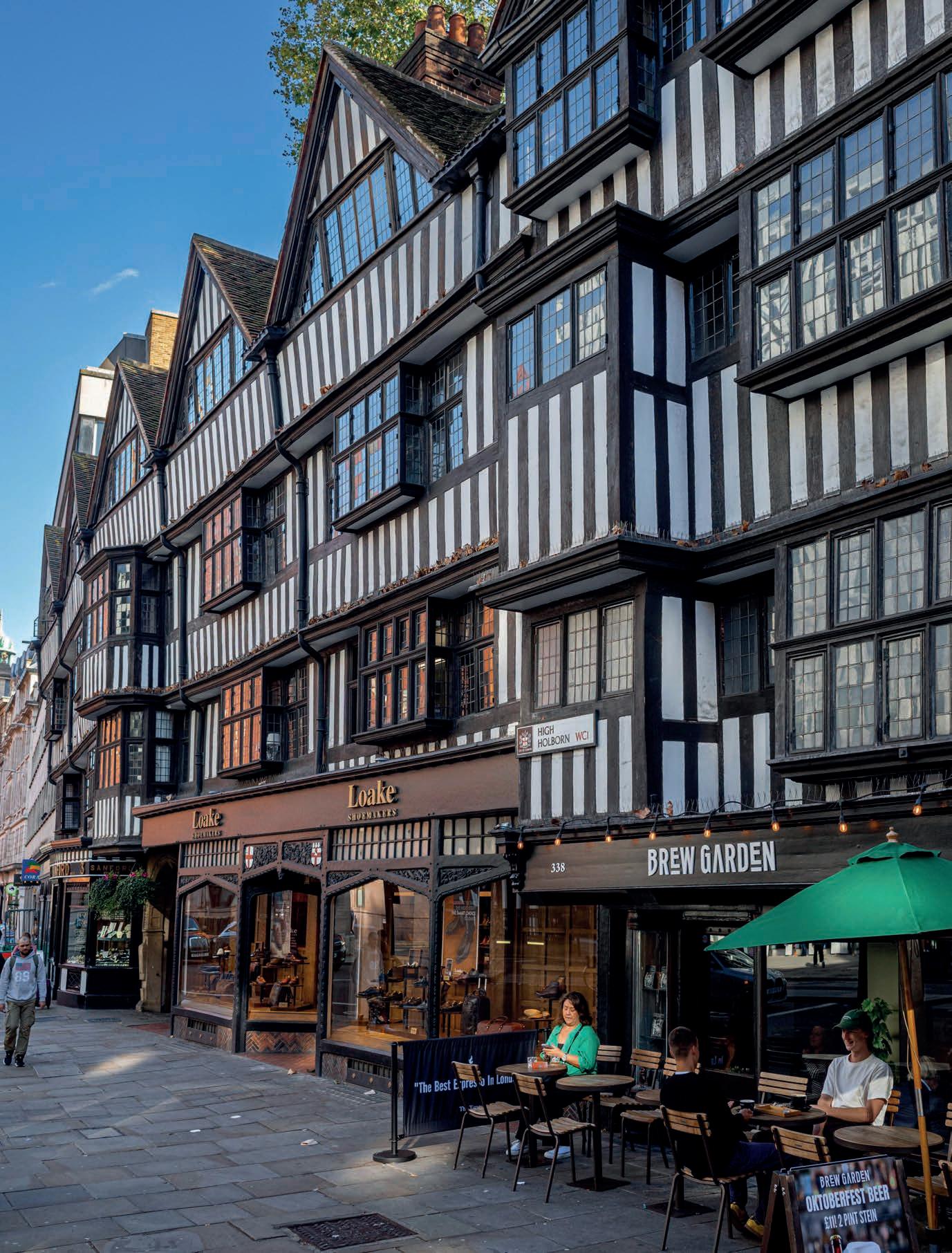


surrounding counties, or fish being unloaded from boats at the wharves, must have been overwhelming at times. Leftovers from butchers’ slaughterhouses could often end up in the Thames.
For veg, poultry and dairy you might head to Cornhill and Cheapside; to Leadenhall for meat; to Fish Street for fishmongers. You could also buy wares from street sellers lugging baskets of oysters, hot codlings (baked apples) and pies, all adding to the cacophonous sensory swirl.
Walking through narrow streets lined with timberframed buildings whose upper jetties obscured the sky could be claustrophobic (much of ‘wooden London’ would be swept away by the Great Fire in 1666).

thanksgiving for victory over the Spanish Armada.
The Royal Exchange, built by the merchant banker Sir Thomas Gresham to rival the famous bourse of Antwerp as a place for merchants to do business, was another fine sight; above the merchants’ arcaded courtyard, it even had shops selling everything from mousetraps to armour.
The Royal Exchange, built as a place for merchants to do business, had shops selling everything from mousetraps to armour
But there were handsome buildings to admire too: upper-class residences built where monastic property had fallen foul of Henry VIII’s Dissolution, merchants’ houses, Inns of Court and livery halls with fine gardens, and (old) St Paul’s Cathedral. The spire of the latter was struck by “a spear-pointed flame of fire” during a summer thunderstorm in 1561, but the cathedral survived and was the venue in 1588 for Queen Elizabeth’s public
Streets were muddy and you had to be alert for the odd chamber pot being emptied from overhead, or the innocuous jostle in a crowd that could turn out to have been a pickpocket. Understandably, those who could afford it raised themselves above the common press. Queen Elizabeth, when not gliding in pomp along the Thames, resorted to a litter or a coach decorated in brass-studded red leather, while nobles rode into town accompanied by a multitudinous entourage on horseback.
As more and more wheeled transport appeared, from Hackney (meaning ‘for hire’) coaches to merchandise-laden carts, congestion became a major, unresolved problem.
The evening curfew bells signalling the closure of the city gates until morning afforded some relief, at least.



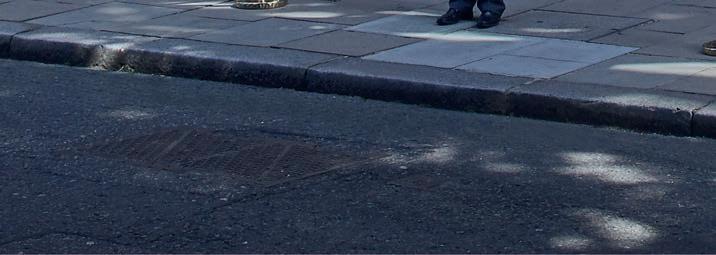
Historic buildings that once hosted our kings and queens are now open to the public for hotel stays. Pack those velvet pyjamas (embroidered with the family crest, naturally) and prepare to be pampered

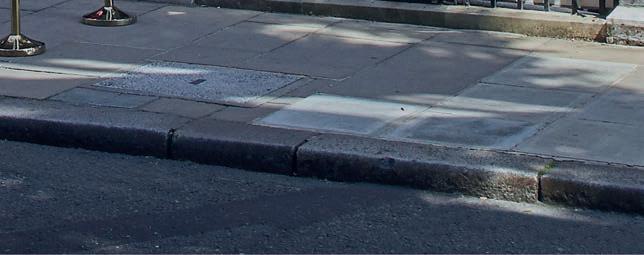
 WORDS NATASHA FOGES
WORDS NATASHA FOGES
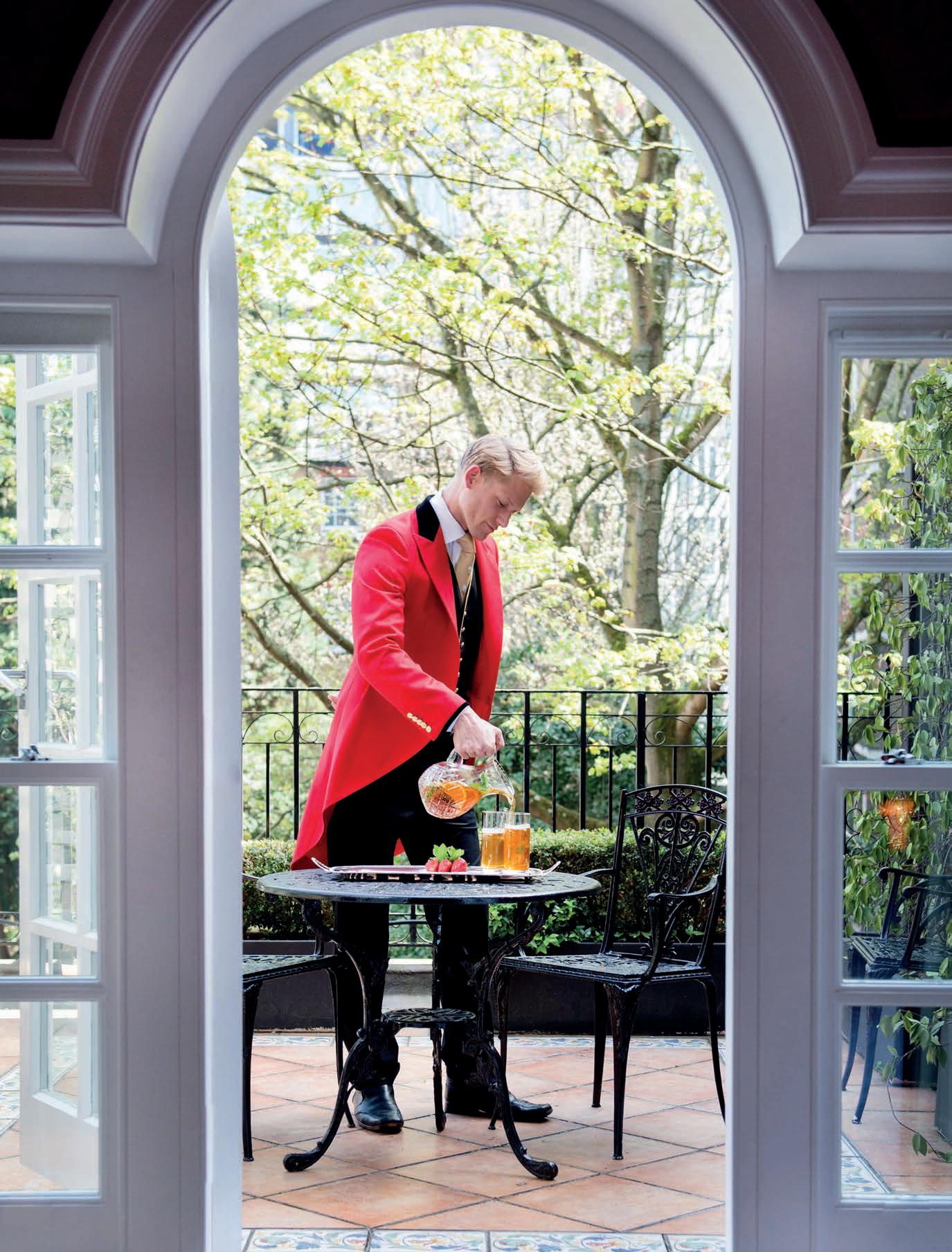
The Goring in Belgravia is the only hotel to be granted a Royal Warrant: an honour that recognises its long association with the royal family. The hotel is so close to Buckingham Palace that it has served almost as palace over ow over the years. Built in 1910 and still owned by the same family, The Goring hosted royal guests during the coronation of Queen Elizabeth II, and in later years the Queen held her staff Christmas parties here. All 69 rooms were booked for the family and friends of the then Kate Middleton the night before her wedding to Prince William; Kate herself was treated to the top- oor Royal Suite, which has walls covered in the same silk that adorns the Throne Room at the Palace and a life-sized portrait of Queen Victoria in the bathroom. The experience for non-royals is no less regal. Scarlet-coated footmen take your bags at the door, the concierge greets guests by name, and every room – from the glittering cocktail bar to the suites, a symphony of swagged curtains, polished antiques and rich fabrics, is luxurious yet understated. The Michelin-star Dining Room has just been given a swish makeover, but some things never change: still on the menu is ‘Eggs Drumkilbo’, a lobster and egg salad that was the favourite of the Queen Mother, a regular lunch guest. thegoring.com
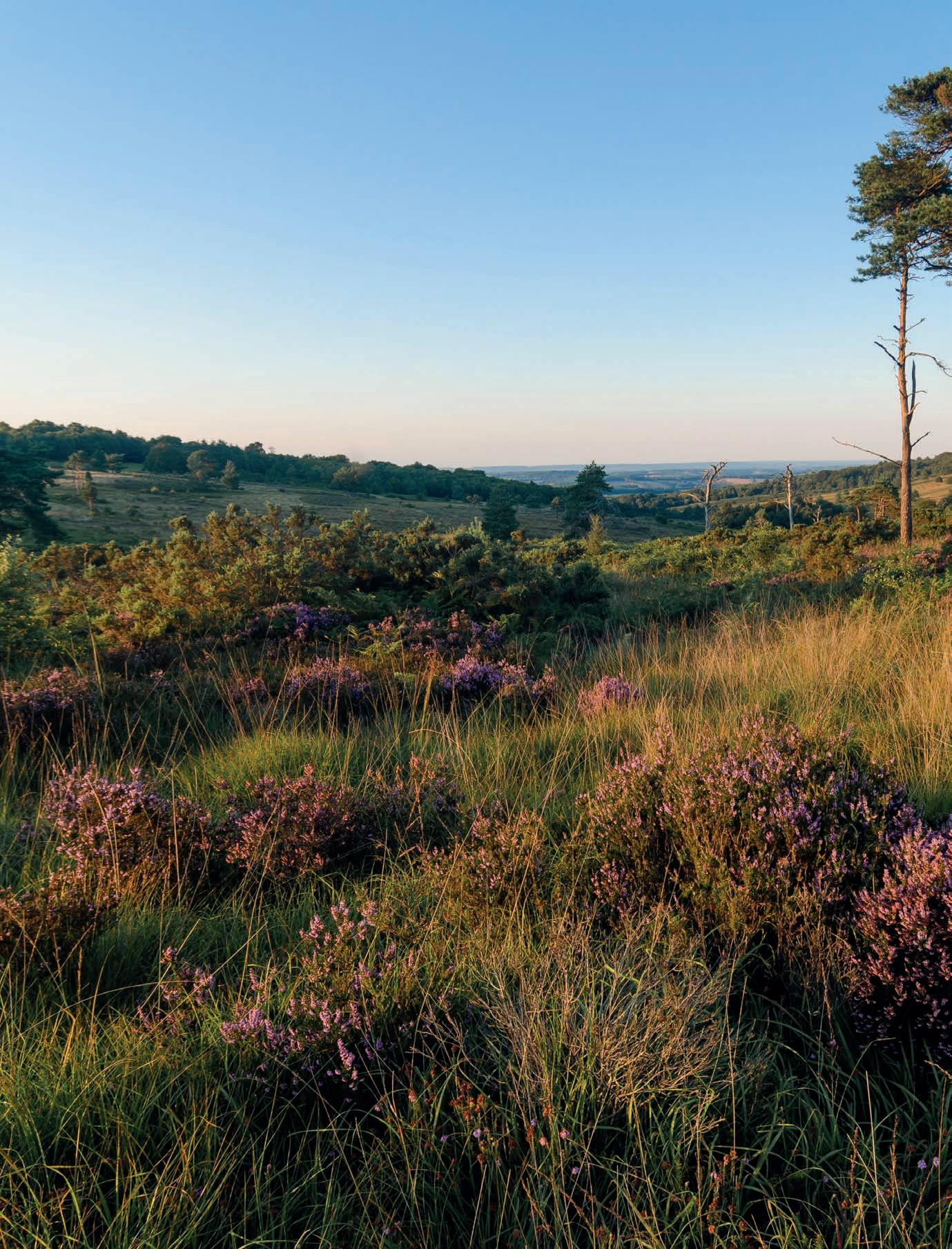






Magical Ashdown Forest was the inspiration for A.A. Milne’s Winnie-the-Pooh stories. A century on, it is as enchanting as ever
WORDS NATASHA FOGES







he stories of Winnie-the-Pooh, the bumbling “Bear of Very Little Brain” and his woodland friends have sparked childhood imaginations ever since they were written by A.A. Milne in 1926. Milne lived at Cotchford Farm in Ashdown Forest, East Sussex, and based his stories on the adventures of his own son, Christopher Robin, who spent his childhood exploring this dream-tinged land, always accompanied by his trusted teddy bear.

A lifelong Pooh fan, I was keen to visit the locations that had inspired the stories, but with landmarks as whimsical as ‘The Enchanted Place’ and ‘Pooh’s Thoughtful Spot’, I was going to need some pointers. I took a morning tour of the forest with Gerry Manser, head guide of local company Pooh Trek. Gerry grew up with the Pooh stories and read them to his own children. He has explored every corner of Ashdown Forest’s 6,500 acres (somewhat larger than Pooh’s ‘100 Aker Wood’), taking small groups of ‘Poohthusiasts’ like myself to discover the real-life places that inspired Milne’s timeless tales.
First stop on our Pooh pilgrimage is Gill’s Lap (Galleon’s Leap in the books), where most of the familiar locations from the books can be found. To reach it, we walk along a Roman road that slices through the forest across open heathland, surrounded by heather, bracken and gorse. This richly historic landscape is ancient indeed: a stone axe found close to the Roman road dates from prehistoric settlers 40,000 years ago.
First stop on our Pooh pilgrimage is Gill’s Lap landscape plentiful iron ore – its reddish colour can be seen shovelled out in copious amounts, then to
The Romans settled in the area because of its plentiful iron ore – its reddish colour can be seen on the path underfoot. Easily extracted, it was shovelled out in copious amounts, then wheeled down on carts to the River Medway, ending up in a foundry in France to be made into tools, goblets and armour to be shipped throughout the Roman empire.

Later, Henry VIII used the iron ore here to make cannons to fortify his newly established Royal Navy, with the forest’s plentiful trees fuelling his blast furnaces. The forest was also a royal hunting ground, inhabited by wild boars and wolves. Although these may be
newly established Royal Navy, with the furnaces. The forest was also a royal by Although

The land of Narnia, reached via a magical wardrobe, has many connections to the real world, as the author of a new book on C.S. Lewis’s Oxford explains